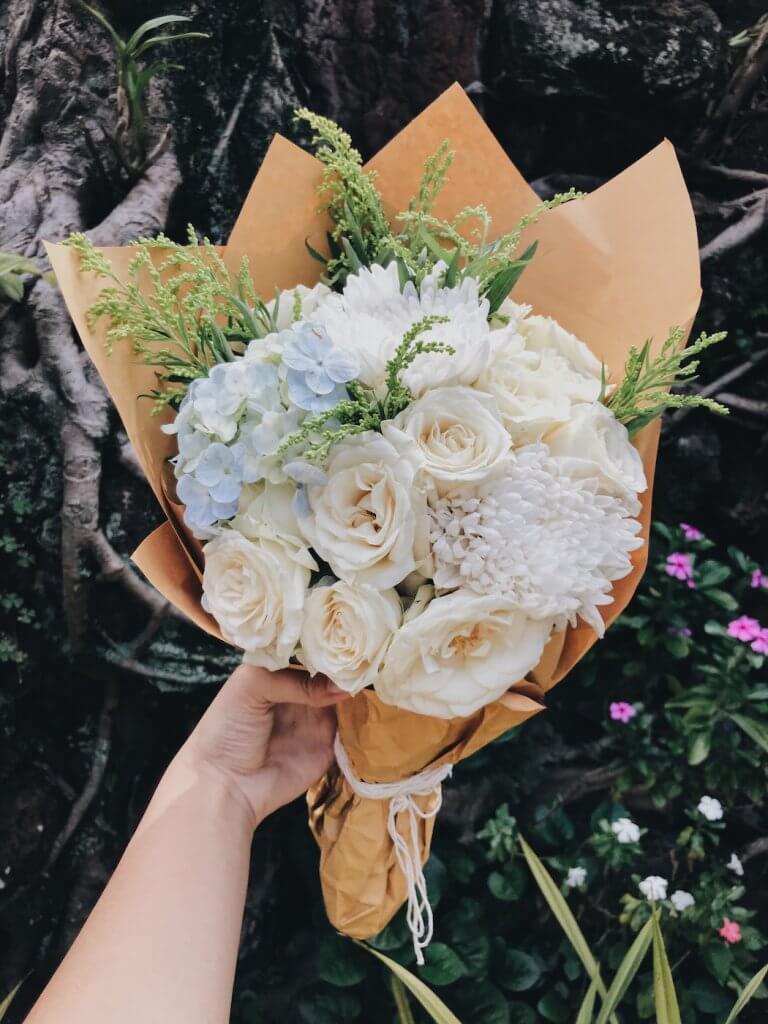Florist Who Refused Same-Sex Service Drops Supreme Court Case
December 3rd, 2021

A Washington state florist with objections to same-sex marriage recently withdrew a petition before the United States Supreme Court.
A Washington state florist who declined to arrange a couple because the florist had religious objections to same-sex marriage recently withdrew a petition before the United States Supreme Court. Rather than pursue the case in a court of law, the florist announced that she had resolved her dispute.
This settlement means that the Supreme Court justices will not be tasked with resolving this religious liberty issue that positions the owner of a flower shop against a same-sex couple in a question of whether religious beliefs can exempt someone from nondiscrimination laws.
The Facts Behind the Florist Case
The disagreement began in 2013 when the florist declined to arrange flowers for her long-term client for his wedding to his same-sex partner. Washington state’s Supreme Court subsequently held that the florist violated a Washington state law prohibiting discrimination based on sexual orientation. The state Supreme Court found that the law was “neutral” and functioned to further the state’s interest in eradicating discrimination in public accommodations.
While the case was appealed, in 2018, the United States Supreme Court ruled in favor of a Colorado baker who declined to make a cake for a same-sex wedding. This ruling was tailored to this cakeshop case and did not represent a nationwide ruling on whether businesses could refuse service to same-sex couples based on religious objections to same-sex marriage.
The United States Supreme Court denied a petition from the florist in July over the dissent of Justices Clarence Thomas, Neil Gorsuch, and Samuel Alito. Attorneys for the florist, however, requested that the Supreme Court reconsider its decision and cited a decision in a separate dispute.
Barronelle Stutzman has now chosen to retire from her company, Arlene’s Flowers, so her employees can manage the business. Subsequently, Stutzman withdrew her petition for hearing by the United States Supreme Court and made a payment of only $5,000 to the two men who initiated legal action against her.
Response to the Decision
Lawyers on behalf of the florist have commented that she is “at peace” with the decision because she can finally retire with her conscience intact and know that she made legal efforts to protect the artistic freedom held by creative professionals. The lawyers also commented that Stutzman has been involved in litigation for almost nine years and with the Court’s denial of her petition, she now faces a substantial penalty in the form of the same-sex couples’ claim for attorney fees.
The plaintiffs expressed content that the Washington Supreme Court’s ruling will remain in place to make sure that same-sex couples remain protected from discrimination and are served by businesses like anyone else. The plaintiffs also expressed happiness that their legal journey is over and announced their plans to donate the $5,000 paid by Stutzman to a local advocacy group for LGBTQ+ individuals.
Continue Reading the Universal Life Church’s Blog
The 2010s saw several advancements as well as setbacks for the development of LGBTQ+ rights in the United States. While the landmark case of Obergefell v. Hodges legalized same-sex marriage throughout the country, the Masterpiece Cakeshop case marked a significant setback. Each week, various cases in the country continue to test the nature of these rights. The Universal Life Church’s blog focuses on documenting the most noteworthy of these developments in a way that examines both sides and can be readily understood by readers.


